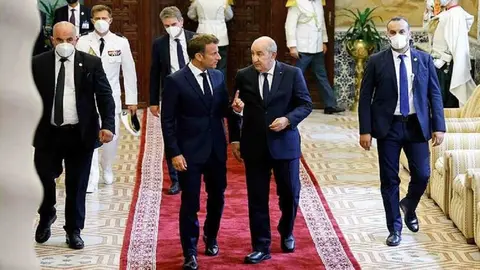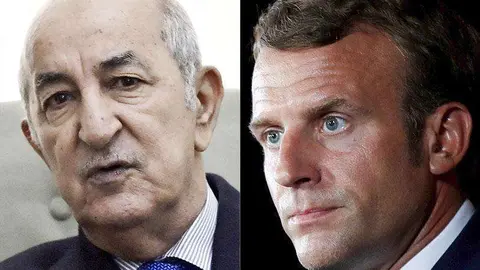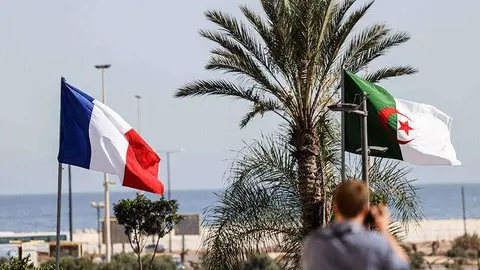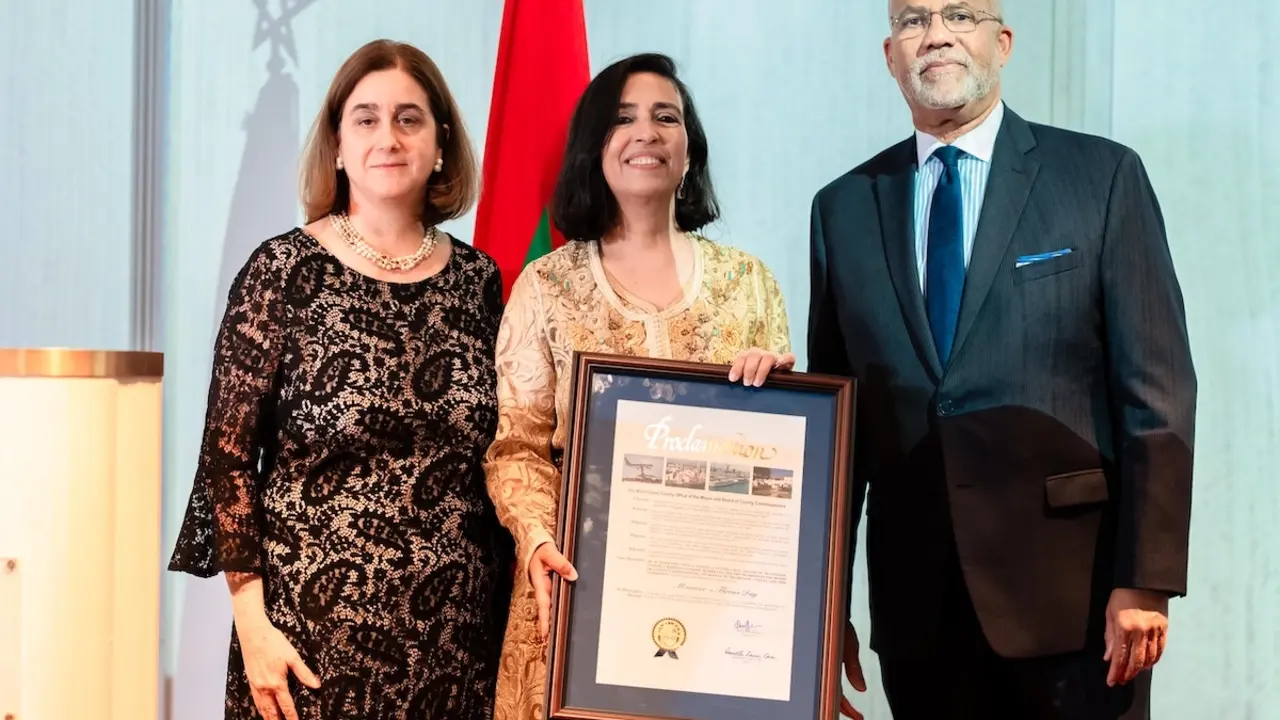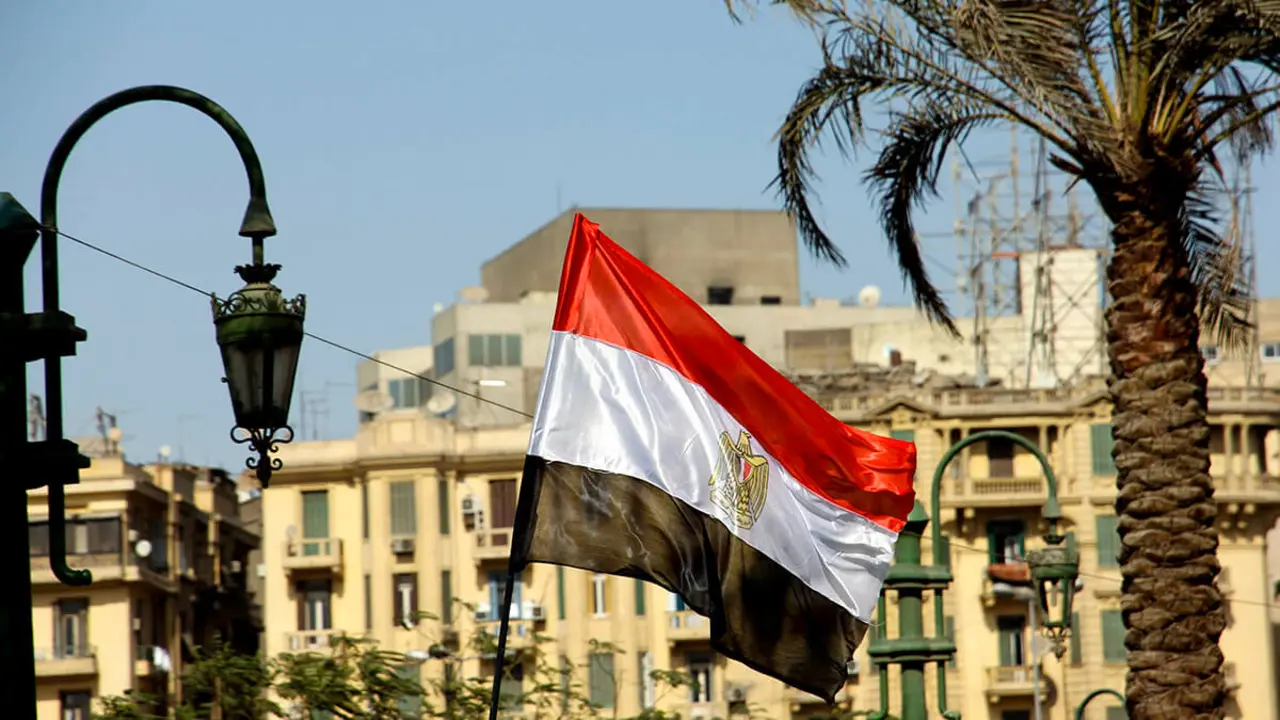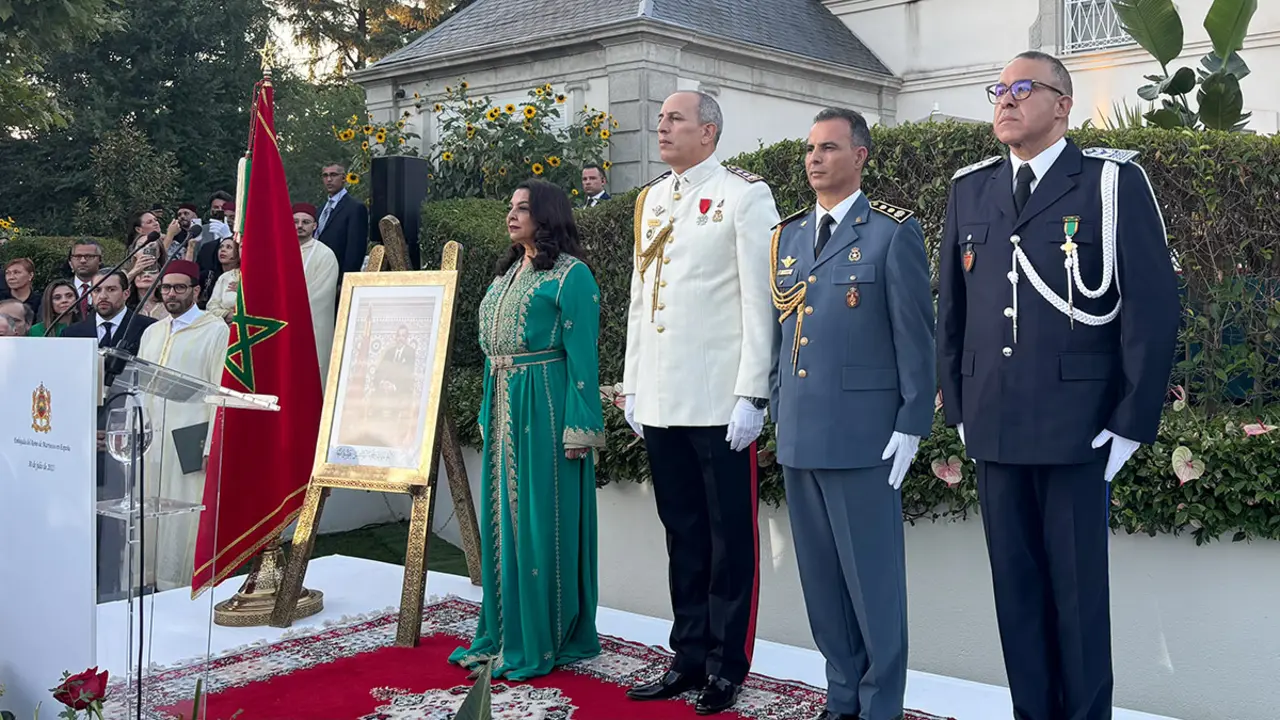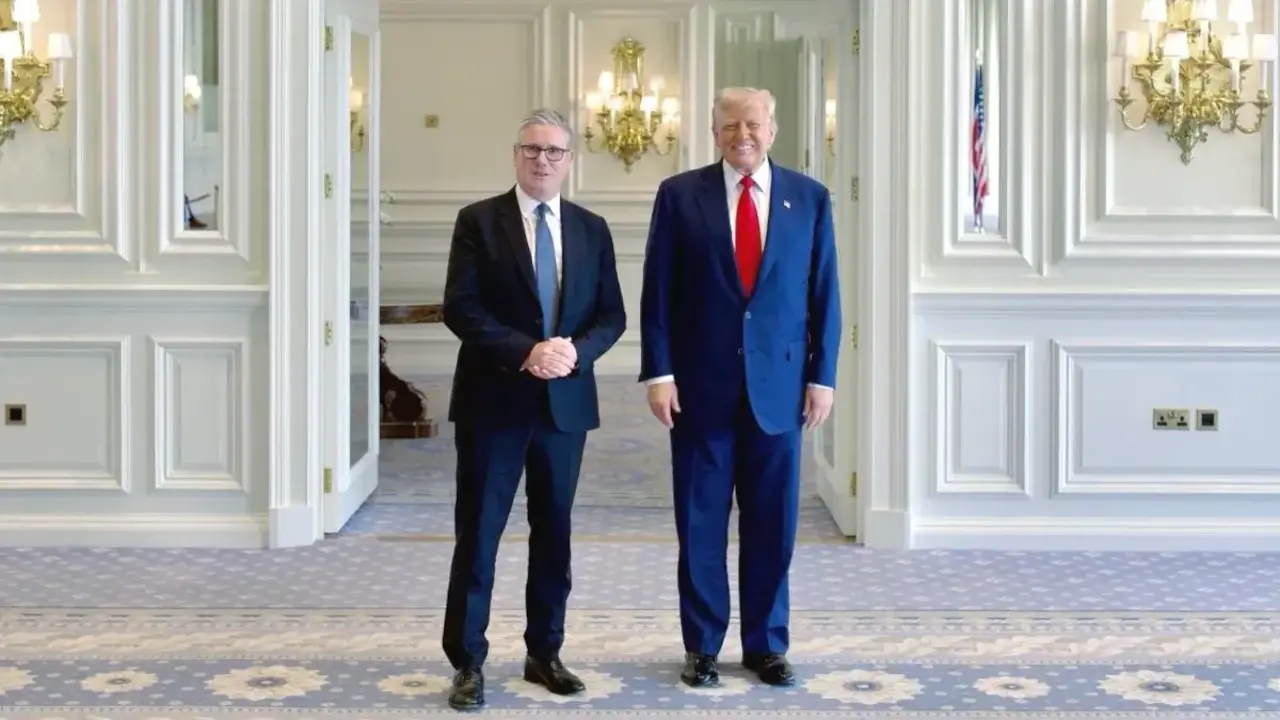Algerian national anthem recovers anti-French stanzas

Efforts to repair relations between Algeria and France suffer a new setback. After derogatory remarks about Algeria by French President Emmanuel Macron were leaked, Algerian President Abdelmajid Tebboune has decided to restore anti-French stanzas of the national anthem through a presidential decree.
The re-added fragments were removed in the late 1980s and call Paris to account. "Be prepared, here is our answer," reads one of the stanzas restored by Tebboune. These lyrics were part of the original anthem created in 1963, after the Maghreb country declared its independence from the colonising power.
"Oh, France, the time for talk is over!
We close it as we close a book
O France, the day of reckoning has come.
Prepare yourself, here is our answer
Our revolution will give the verdict
Because we have decided that Algeria will live".
This decision has created controversy in both Algeria and France, as well as fuelling tensions between Algiers and Paris. Recently, the Algerian government postponed indefinitely an official visit by Tebboune to France that was originally scheduled for May. This trip was intended to repair the current diplomatic crisis between the two countries since last February.
Earlier that month, journalist, activist and opponent of the Algerian government, Amira Bouraoui, fled Algeria for fear of arrest like many other critics of the regime. Bouraoui crossed the border into Tunisia, from where she took a plane to the French city of Lyon. The French authorities, through the embassy in Tunis, intervened so that Bouraoui would not be extradited to Algeria, since the opposition leader has French nationality and, as such, "the authorities exercise their consular protection", according to the Ministry of Foreign Affairs.
This move was considered by Algiers to be a "violation of national sovereignty" and it decided to withdraw its ambassador from Paris, Said Moussi, "with immediate effect". The Algerian Foreign Ministry also accused the French authorities of engaging in a "clandestine and illegal" operation that causes "great damage" to Franco-Algerian ties.
However, this is not the first disagreement between Algeria and France in recent years. Bilateral relations between the two countries have always been subject to tensions linked to the colonial past, despite attempts to initiate a new phase. In September 2021, for example, a new crisis erupted after Paris reduced visas for Algerians. A month later, in October, Macron stoked the controversy after accusing the Algerian government of using the issue of colonialism for political purposes.
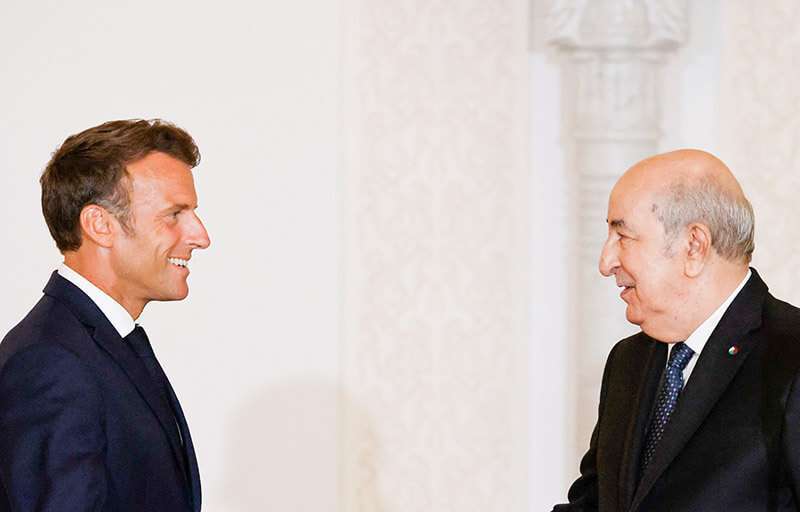
In August 2022, with the French leader's visit to Algiers, it seemed that both countries were willing to put the past behind them and move forward to deepen the partnership for the future. Proof of this was the signing of the Algiers Declaration, a joint text in which Macron and Tebboune pledged to initiate 'a new era', as well as to boost cooperation in various areas, including the energy sector.
However, this rapprochement has been short-lived. The revival of anti-French verses in the Algerian national anthem is just one more chapter in the turbulent history between Algeria and France, two countries that, despite their best efforts, seem doomed to fail to understand each other.

